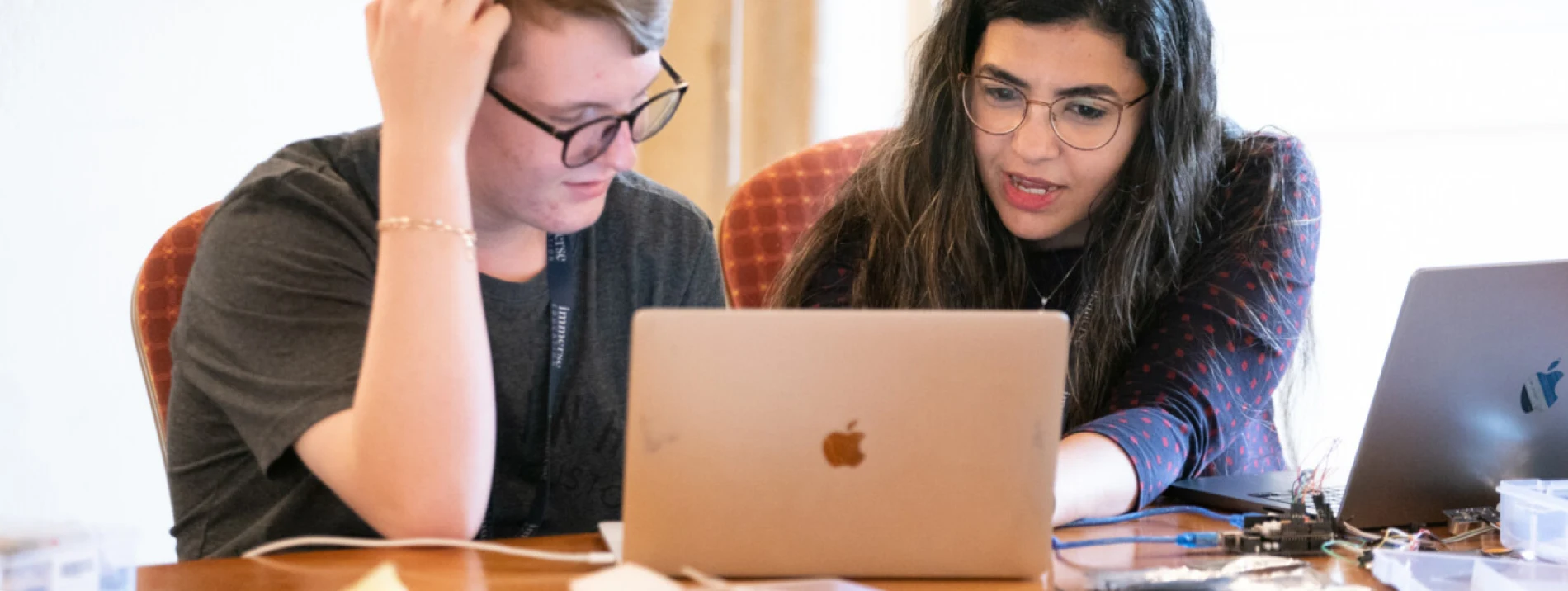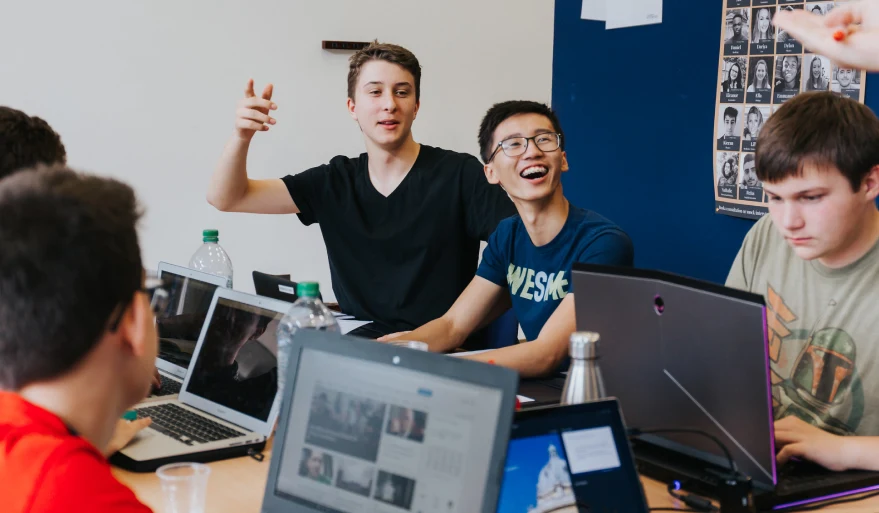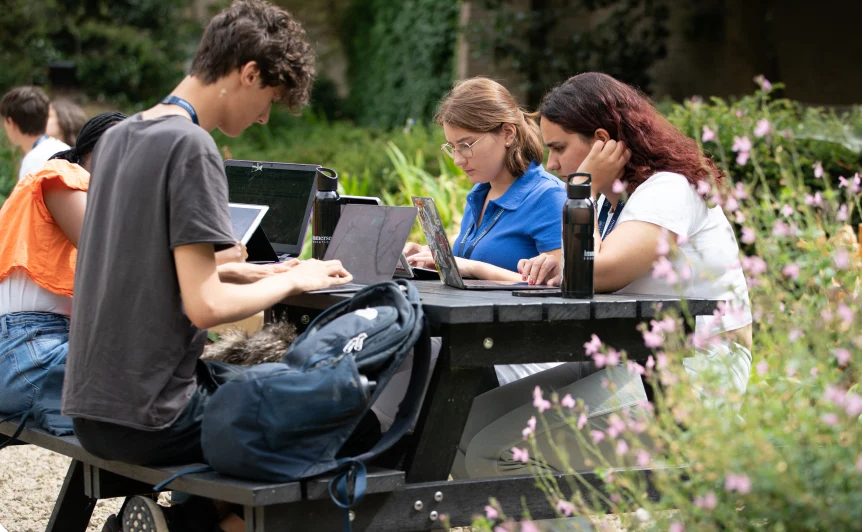Home › Computer Science Summer School
Computer Science Summer School

Explore Computer Science in an Immersive Summer School
- Step into the world of Computer Science with Immerse Education's Computer Science Summer Programme. Carefully tailored to provide you with a comprehensive understanding of algorithms, data structures, software engineering, and the transformative impact of computing technologies. Through engaging seminars, interactive programming labs, and analytical discussions, you will cultivate critical thinking and computer science expertise.
- Guided by experts in the field and academics, the programme encourages collaborative programming projects, coding challenges, and simulations that deepen your understanding of computer science concepts and challenges. Personalized guidance and constructive feedback ensure that you maximize your learning potential and excel in the dynamic realm of technology.


Where Do We Offer Computer Science?
Find a programme in one of our prestigious locations or online.
- Academic Pathways
What to Expect in a Computer Science Programme
Computer Science propels technological advancement, impacting diverse fields through algorithms, data analysis, and innovative solutions. It underpins the digital age, driving progress and innovation across various domains, from artificial intelligence to cybersecurity. Our Computer Science summer programmes give participants an in-depth exploration of computer systems, software engineering, and data structures, taking inspiration from the comprehensive syllabus of an undergraduate Computer Science degree.

Learn analytical and problem-solving skills
Gain real-world and practical experience
Develop academic and critical skills
Knowledge in theory application
Meet some of our Qualified Tutors
An example of the tutors who have previously taught on our programmes.

Younesse K
Younesse Kaddar is a PhD candidate at the University of Oxford, having previously studied at the University of Cambridge and Paris-Saclay.
What Do Our Alumni Say About Immerse?
Hear from some previous participants who took part in an Immerse programme

Anna K
Current undergraduate of the Imperial College London

Natalie F
Academic Insights Sydney
Why Immerse?
Immerse Education offers a lot more than your average summer school provider. Our programmes ignite a lifelong educational journey, nurturing growth with ongoing educational support, while equipping you with essential skill sets for every step of your education pathways.
We cater to all types of learners, offering academic and career programmes with flexible learning options, and offer our award-winning programmes in locations across the globe.
We have the highest educational standards and seek to realise the highest possible outcomes for our participants.
Enrolling in an Immerse Education programme will award you:
- Superior and future-forward curriculum
- Exceptional tutors with deep academic and industry experience
- Dedication to personalised learning and real outcomes
- Career opportunities through our alumni network events
- Access to exclusive Immerse programme discounts
Accreditations, Awards & Partnerships
FAQs
What is a Computer Science programme and why is it important to study?
What is computer science?
It’s the study of computers. That includes algorithmic processes, applications, hardware and software, and societal impact.
Why is it important to study computer science?
Because when you understand how computer technology works, you can use them to solve problems. Businesses use computers to stay ahead in the game. Even government agencies need computers to store and analyse massive amounts of information.
Also, did you know that learning computer science teaches you how to create new technologies? That’s right. You can develop your own applications, software and hardware to serve your purpose.
What career prospects are available for Computer Science graduates?
The US Bureau of Labor Statistics estimates computer and information technology occupations to grow 13% from 2020 to 2030. Resulting in 667,600 new jobs. Oh, do you know that the median annual wage is $97,430?
What are the computer and information technology occupations available right now? Computer and information research scientists, computer network architects, computer programmers, computer system analysts, information security analysts, software developers, and web developers.
In the UK, an average of 5,000 web designer and data analyst roles are open.
What courses does Immerse Offer for Computer Science?
Immerse Education offers both online and residential courses for Computer Science. The residential course is available in the UK Cambridge and Oxford.
What skills, experience, or prior learning do I need for the Computer Science course?
You don’t need prior skills, experience, or learning to take the residential course for computer science. But having an active interest in the subject is helpful.
What topics will I study that are related to the Computer Science course?
Computer Science students should expect to be introduced to topics such as the below:
Introduction to Programming (Python)
If there are 7,099 spoken languages, guess how many programming languages there are? If you guessed 8,900, you’re right! Python is one of the most popular programming languages in the 21st century. Why? Because it’s both easy to learn and highly functional. In this module, you’ll learn about python basics, syntax, and semantics.
Robotics and Artificial Intelligence
Artificial Intelligence and Machine Learning are two of the most exciting fields in Computer Science and Engineering. What’s Artificial Intelligence (AI)? It’s the machine’s imitation of human intelligence. And Machine Learning? It’s the use and development of computer systems capable of AI.
Where does Robotics come into the picture?
It’s the intersection between AI and Machine Learning. You’ll consider the practical implications of Robotics in this module. And you’ll learn how to program robots using Raspberry Pi and Python.
Scripting For The Web – Javascript
Do you know that JavaScript is one of the main programming languages for the Web? In this lesson, you’ll learn how to bring your site to life and make it more responsive with a touch of JavaScript.
How about HTML and CSS?
If you use them, your website is mostly static. But if you use JavaScript, you can add actions and responses to make it more interactive for your user.
Presenting Programming Project
This is where you present your findings and programmed solution to your peers and tutors. About what, you ask? Excellent question! In the beginning, you’ll have to come up with a problem from a list of topics. Then, for the next two weeks, you’ll create a solution as you learn programming skills throughout the programme.
What Topics With 16-18yrs Old Learn In Computer Science Summer Courses?
For the residential Computer Science course in Cambridge available to 16-18yr olds, the topics are:
Programming With Python
You will tackle programming tasks using Python in this session. As you progress, you’ll start to think programmatically. And you’ll learn to break down problems and use Python as the solution.
Object-Oriented Programming With Python
What does Object-Oriented Programming (OOP) mean? It’s programming based on components as “objects.” Objects self-contain code units and they have their own functionality and state. You can create more powerful presentations by building layers of these “objects.” While also simplifying and promoting the reuse of code.
Databases and Big Data
Do you know that we produce an estimate of 2.5 quintillion bytes of data per day? That’s 2500 million gigabytes! Massive amounts of data that are difficult to analyse are what we call “Big Data.”
To process and manage Big Data, we need relational databases. This is because relational databases are efficient data storage systems.
Personal Project Presentation
You’ll present your work and findings throughout the course in the Personal Project Presentation. Here you’ll have experience critical evaluation by your peers and tutor. A necessary step to solidify everything you’ve learned throughout the 2-week summer school.
What kind of participants are best suited for the Computer Science course?
The residential Computer Science courses are best suited for motivated participants ages 13-18. Are you planning to take computer science-related courses at the university? Taking this course will give you a massive headstart against your competition.
Do you want to learn from expert tutors from the University of Cambridge and Oxford? If you say “yes,” then this course is for you!
Learn how Immerse can Transform Your Life
- An in-depth overview of our university and career preparation programmes.
- Get a glimpse into the life of an Immerse participant.
- Programme dates, Participant prerequisites and frequently asked questions.

